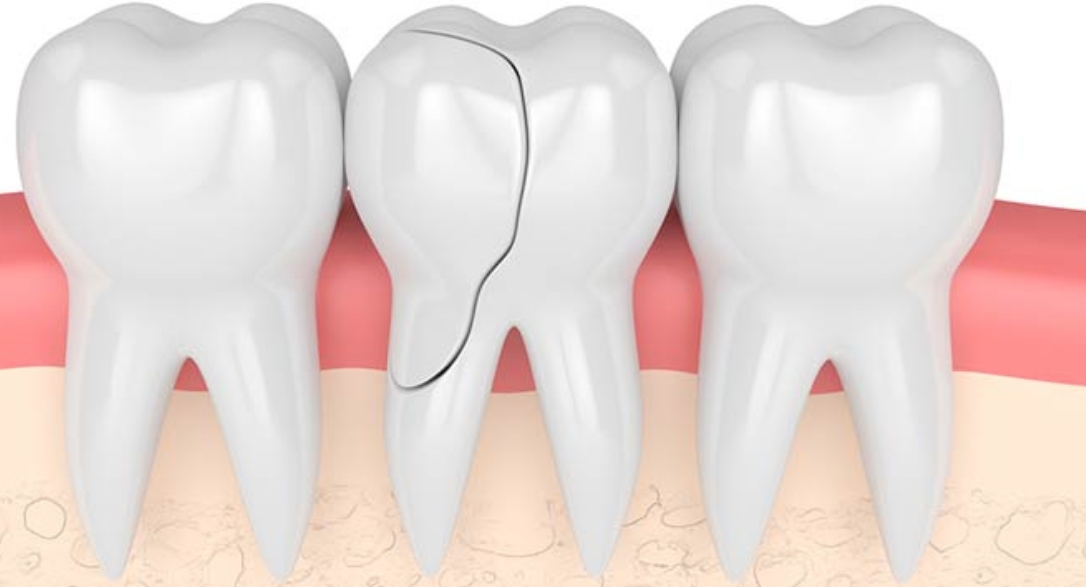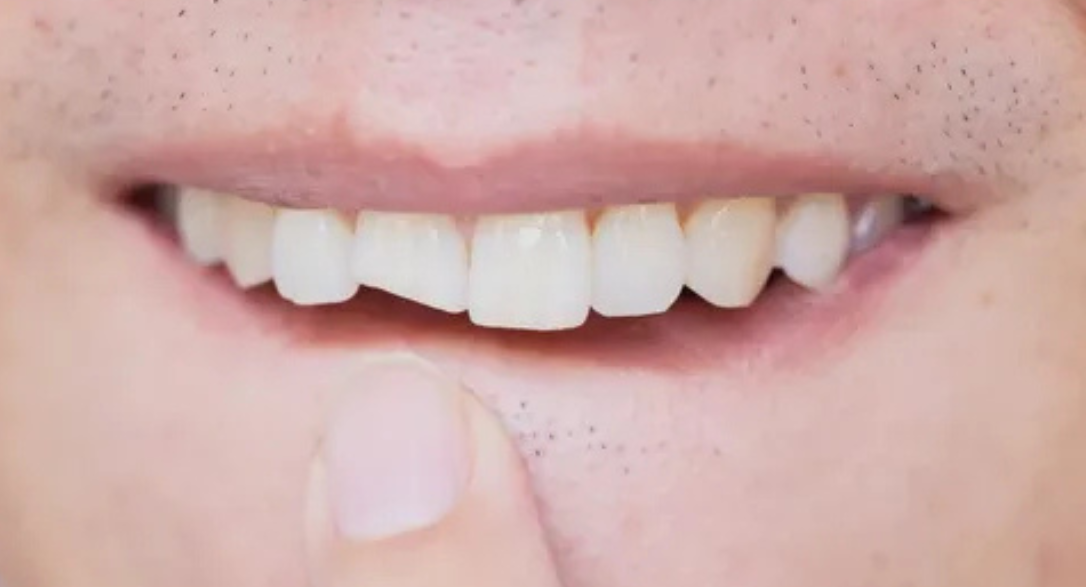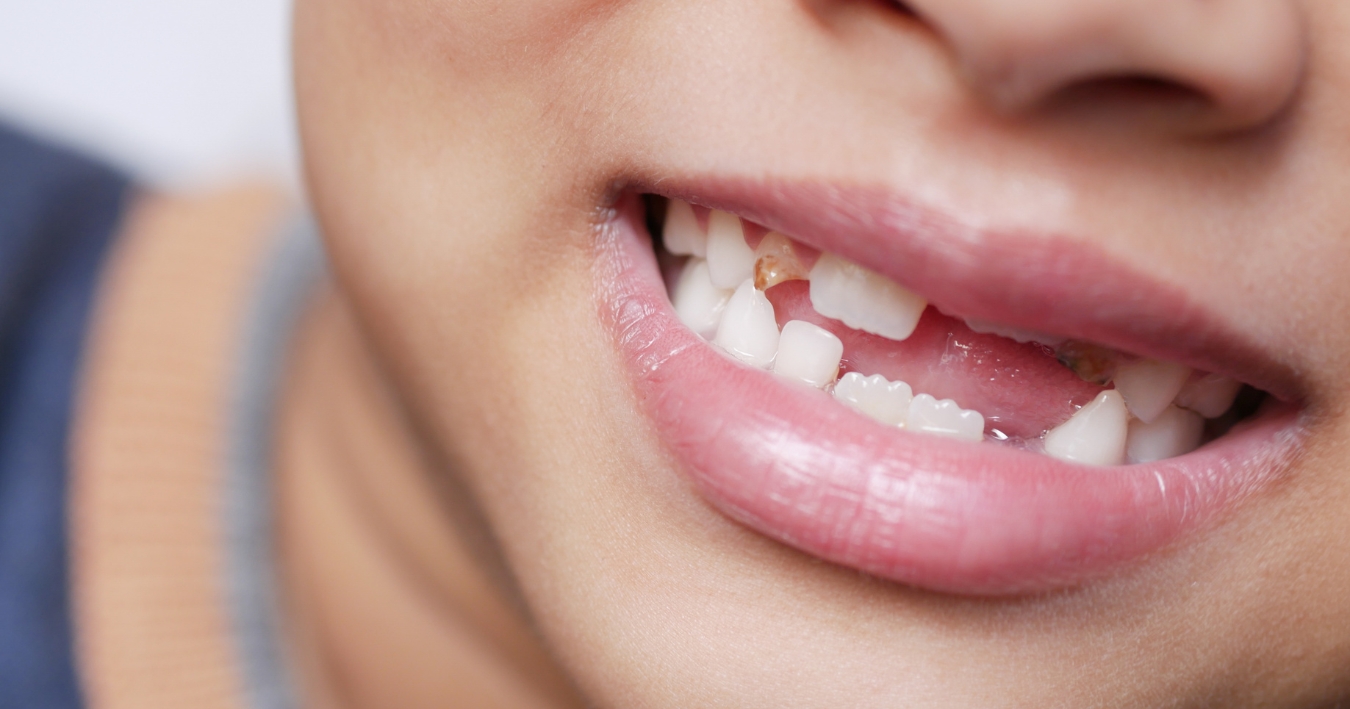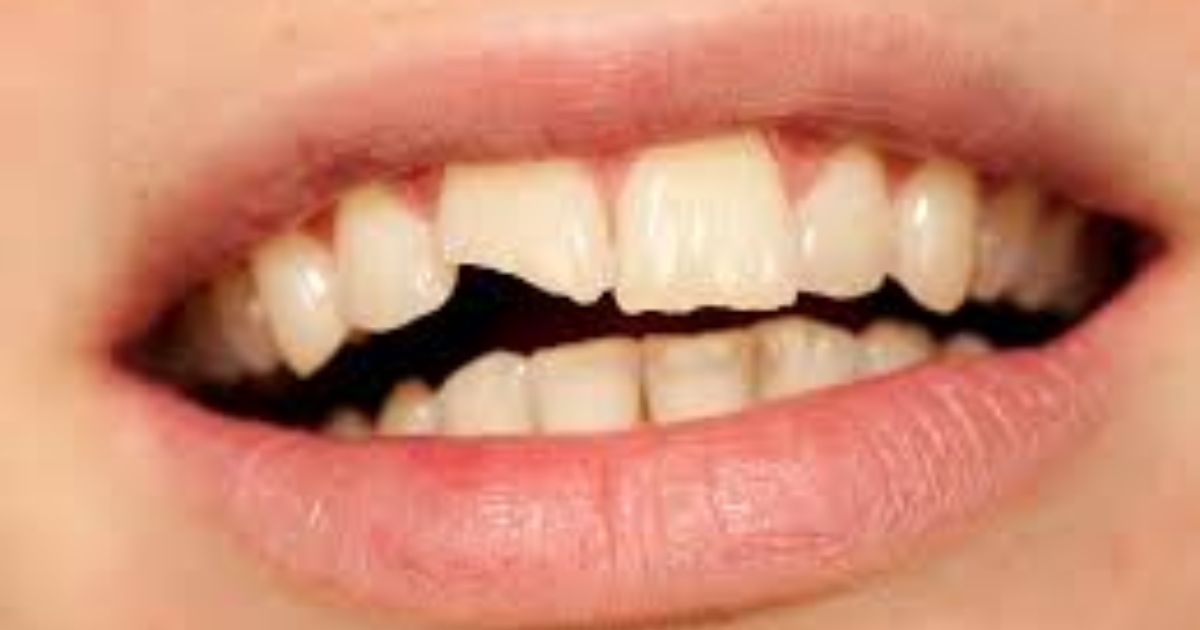Call Us Today 817-737-7668

Cracked teeth can happen at the most unexpected times, whether from an accident, biting something too hard, or even stress. But no matter the cause, taking the right steps after a cracked tooth repair is key to ensuring long-lasting results.
You might feel a little anxious about how to care for your tooth, but don’t worry—this guide will make the aftercare process clear and manageable.
Tooth repair doesn’t stop when the dentist finishes their work; your responsibility begins right there. By following the right aftercare tips, you can avoid complications and keep your repaired tooth in great shape. In this blog, we’ll share the essential tips you need for a smooth recovery, from adjusting your diet to knowing when to seek additional help.
With the right care, your repaired tooth will not only heal but thrive, allowing you to get back to enjoying your favorite foods and activities without worry.
Ready to make sure your recovery is a success? Let’s dive in!
Cracked Teeth: Types and Common Causes
Cracked teeth can occur in different forms, each affecting the tooth structure in unique ways. Understanding the types of cracks and the causes behind them will help you care for your tooth better after a repair. Let’s break it down:
- Craze Lines: These are small, shallow cracks that usually don’t cause much pain or damage. They often appear on the tooth’s enamel and are more cosmetic.
- Fractures: Deeper cracks that extend into the tooth’s structure, which can cause pain when chewing. These often require more extensive treatment.
- Split Teeth: When the crack extends from top to bottom, splitting the tooth into two parts. This can lead to severe discomfort and might require extraction.
Common causes of cracked teeth include:
- Trauma: A fall, sports injury, or impact can crack your tooth.
- Grinding: Regular clenching or grinding of your teeth can create stress cracks.
- Chewing Hard Foods: Biting into something hard like ice or a nut can cause fractures.
- Old fillings: Over time, fillings can weaken the tooth, increasing the risk of cracks.
Identifying these causes and knowing what type of crack you have is essential for the right recovery plan. An endodontist in Forney can offer precise care if your tooth requires specialized treatment for a more severe crack.
Initial Steps After Cracked Teeth Repair: What to Do Immediately?
After a cracked tooth repair, taking the right steps immediately is crucial for your recovery. These steps ensure that the repair holds and prevents further damage to the treated area. Here’s what you should do:
- Follow your endodontist’s instructions: Your endodontist will give you specific guidelines based on the type of repair you’ve had. Whether it’s a filling or crown, following these instructions closely is key.
- Avoid hard foods: Stay away from hard, crunchy, or sticky foods, which could put a strain on the repaired tooth.
- Use a soft toothbrush: Gently brush around the area to avoid disturbing the repair.
- Be cautious with your bite: Chew on the opposite side of the repaired tooth to prevent added stress.
- Monitor pain levels: While some discomfort is normal, pay attention to any signs of increased pain or sensitivity. If this happens, contact your endodontist for further advice.
Dietary Considerations During Recovery: What to Eat and Avoid?
Your diet plays a significant role in healing after a cracked tooth repair. Certain foods promote faster recovery, while others may hinder the process. Here’s what to keep in mind during your recovery:
- Foods to eat:
- Soft foods: Opt for foods like mashed potatoes, yogurt, and scrambled eggs that are easy to chew and won’t put strain on the repaired tooth.
- Nutrient-rich options: Foods rich in calcium, such as leafy greens and dairy, will help strengthen your teeth and bones during recovery.
- Hydrating foods: Soups, smoothies, and water-rich fruits like watermelon can help keep you hydrated without causing any discomfort.
- Foods to avoid:
- Sticky foods: Avoid chewing gum or sticky candies that could pull on the repair.
- Hard foods: Stay away from ice, nuts, hard candies, and crunchy vegetables that can potentially damage your repair.
- Extreme temperatures: Hot and cold foods can cause discomfort or sensitivity in the treated area.
Maintaining Oral Hygiene: How to Keep Your Tooth Clean Without Discomfort?
Good oral hygiene is essential, especially after a cracked tooth repair. You want to keep the area clean while avoiding discomfort or further damage. Here’s how to maintain proper hygiene during your recovery:
- Gentle brushing: Use a soft-bristled toothbrush and brush gently around the repaired area. Avoid scrubbing too hard, as it could disturb the repair.
- Floss carefully: If you floss, do so with a gentle touch around the repaired tooth to prevent damaging the area. Avoid flossing too aggressively.
- Mouthwash: Use a mild, alcohol-free mouthwash to help keep the area clean. This will reduce bacteria without irritating the tooth.
- Avoid harsh oral care products: Stick to products recommended by your endodontist. Avoid any whitening or abrasive products that could irritate the sensitive area.
Maintaining a clean mouth is essential for preventing infections and ensuring the longevity of your repair. Always be gentle but thorough with your oral hygiene routine.
Lifestyle Habits to Support Healing and Prevent Future Damage
Once your cracked tooth has been repaired, adopting healthy habits can help support healing and prevent future damage. Some lifestyle changes will also protect your repaired tooth from unnecessary wear and tear:
- Stop nail-biting: Nail-biting can create unnecessary pressure on your teeth, potentially causing damage or cracking over time.
- Avoid using your teeth as tools: Do not use your teeth to open packages, bottles, or other objects. This unnecessary strain can damage your teeth.
- Manage stress: Stress can lead to grinding or clenching your teeth. Try relaxation techniques or a night guard if grinding is a concern.
- Wear a mouthguard: If you play contact sports, use a mouthguard to protect your teeth from trauma.
Signs of Complications: When to Seek Professional Help?
While most cracks heal well with proper care, complications can still arise. Knowing when to seek professional help ensures that you can address any issues early. Watch for these signs:
- Persistent pain: If the pain lasts longer than a few days or worsens, it may indicate that the repair didn’t fully address the issue.
- Swelling or redness: Swelling around the treated area can indicate infection or irritation, requiring prompt attention.
- Loose or damaged repair: If the repair becomes loose, cracked, or chipped, contact your endodontist right away.
- Discomfort while chewing: If chewing becomes uncomfortable or painful, your repair might be under additional stress or misaligned.
Regular follow-up visits with your endodontist ensure that your tooth heals correctly. Don’t hesitate to reach out if you have concerns about your recovery process.
Long-Term Care: Maintaining the Strength and Longevity of Your Repair
Taking care of your tooth after the initial recovery period ensures that the repair lasts for years. Long-term care includes both at-home practices and professional treatments. Here’s how to keep your repaired tooth in great shape:
- Regular check-ups: Visit your endodontist for regular check-ups to monitor the health of your repaired tooth.
- Professional cleanings: Routine cleanings remove plaque buildup that can weaken the tooth and its repair.
- Restorative treatments: If necessary, your endodontist might recommend treatments such as dental crowns or root canals to reinforce the repaired tooth.
- Healthy lifestyle: Continue avoiding hard foods and harmful habits like grinding or using your teeth as tools.
Taking care of your repaired cracked tooth is key to ensuring lasting results and a healthy smile. By following the proper aftercare guidelines, maintaining good habits, and seeking professional help when needed, you can avoid complications and keep your tooth in top condition for years to come. Remember, a little care now can prevent bigger problems down the road. So, stay proactive and enjoy a pain-free, confident smile!





